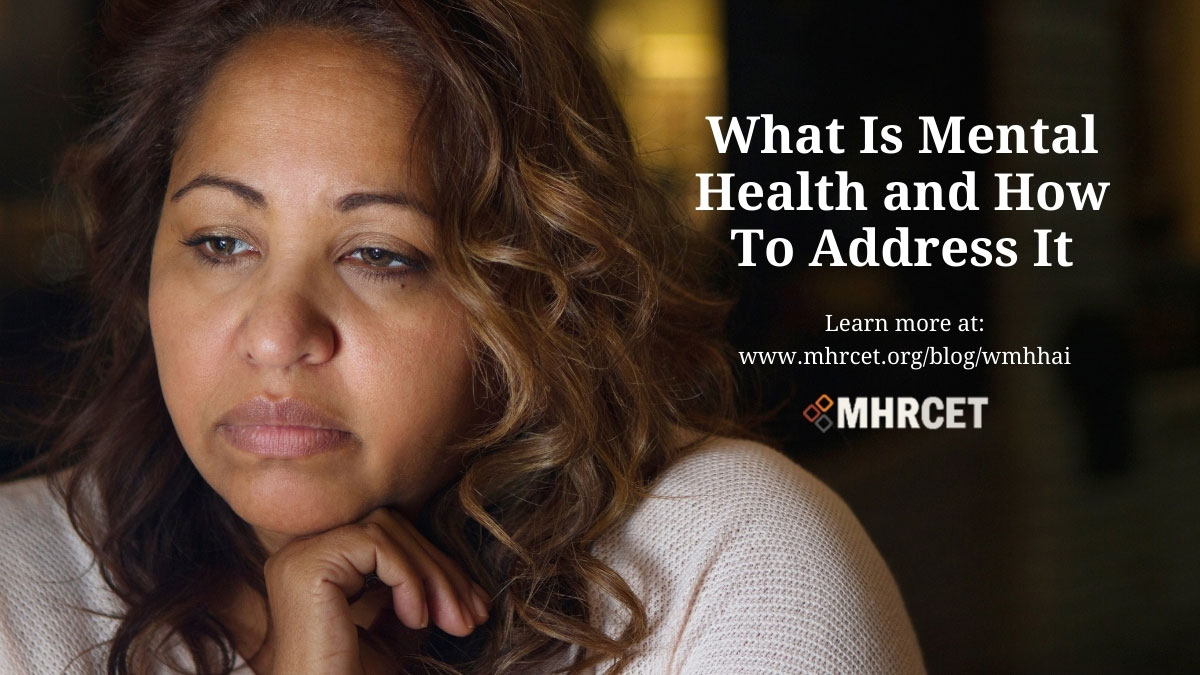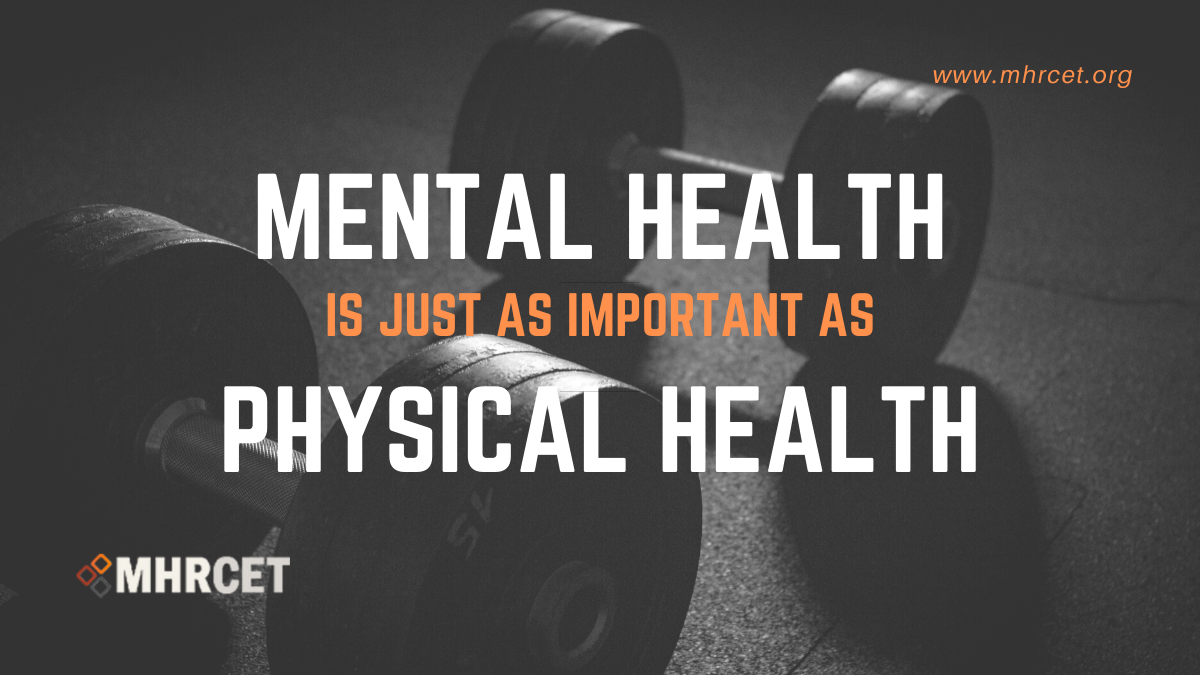by Kathryn Larimore
Mental illnesses are conditions that can affect your mood, thinking, and behavior. These changes can impact daily functioning and how one interacts with others. Among the most common mental illnesses affecting Americans are anxiety disorders, addiction and substance use disorders, depression, and bipolar disorder.
Some mental illnesses can mildly impact daily functioning, while others may be more severe. Symptoms can affect your mental, emotional, and even physical health.
Reaching out to a provider or hotline can start the process of diagnosing, managing, and treating an illness. Your provider may ask you to answer a series of questions and even run physical tests in order to diagnose a condition and determine the best treatment plan, which may change over time.
There are many existing treatments for mental illnesses. Medications are among some of the most common treatments and may be used in a short or long-term period.
Medications are often most effective when used in conjunction with psychotherapy. This might be thought of as a physical brace (medication) worn around a sprained wrist to stabilize and support while participating in physical therapy exercises (psychotherapy) to strengthen and prevent future injury.
While psychotherapy can look different for every person, it typically focuses on:
- Building healthy coping skills
- Understanding and/or challenging thought and behavior patterns
Mental illness is manageable and treatable, and many continue their daily lives while undergoing treatment. As with any treatment, it is important to be an active participant and to follow a plan under your provider’s guidance for a set period of time to determine its effectiveness.
More resources can be found at:
https://www.mhanational.org/mentalhealthfacts
https://www.apadivisions.org/division-55/publications/tablet/2015/04/combininations
https://www.mayoclinic.org/diseases-conditions/mental-illness/diagnosis-treatment/drc-20374974














